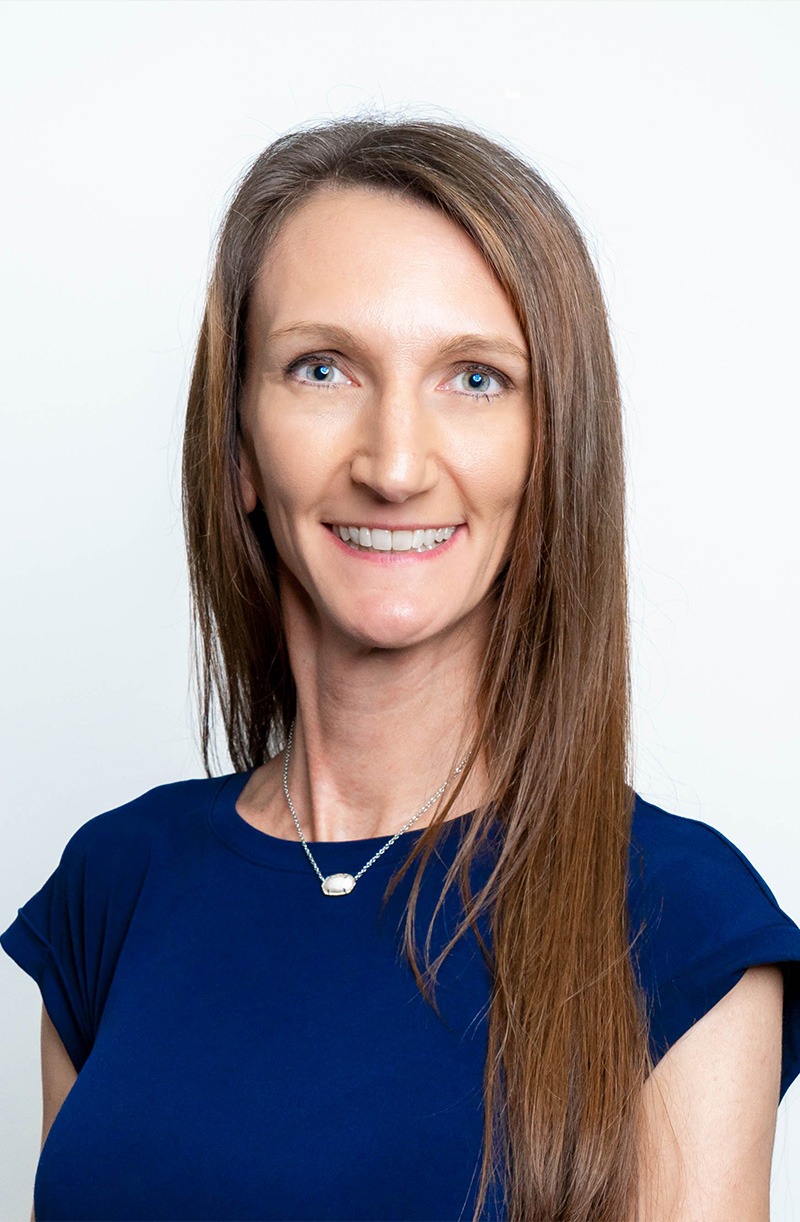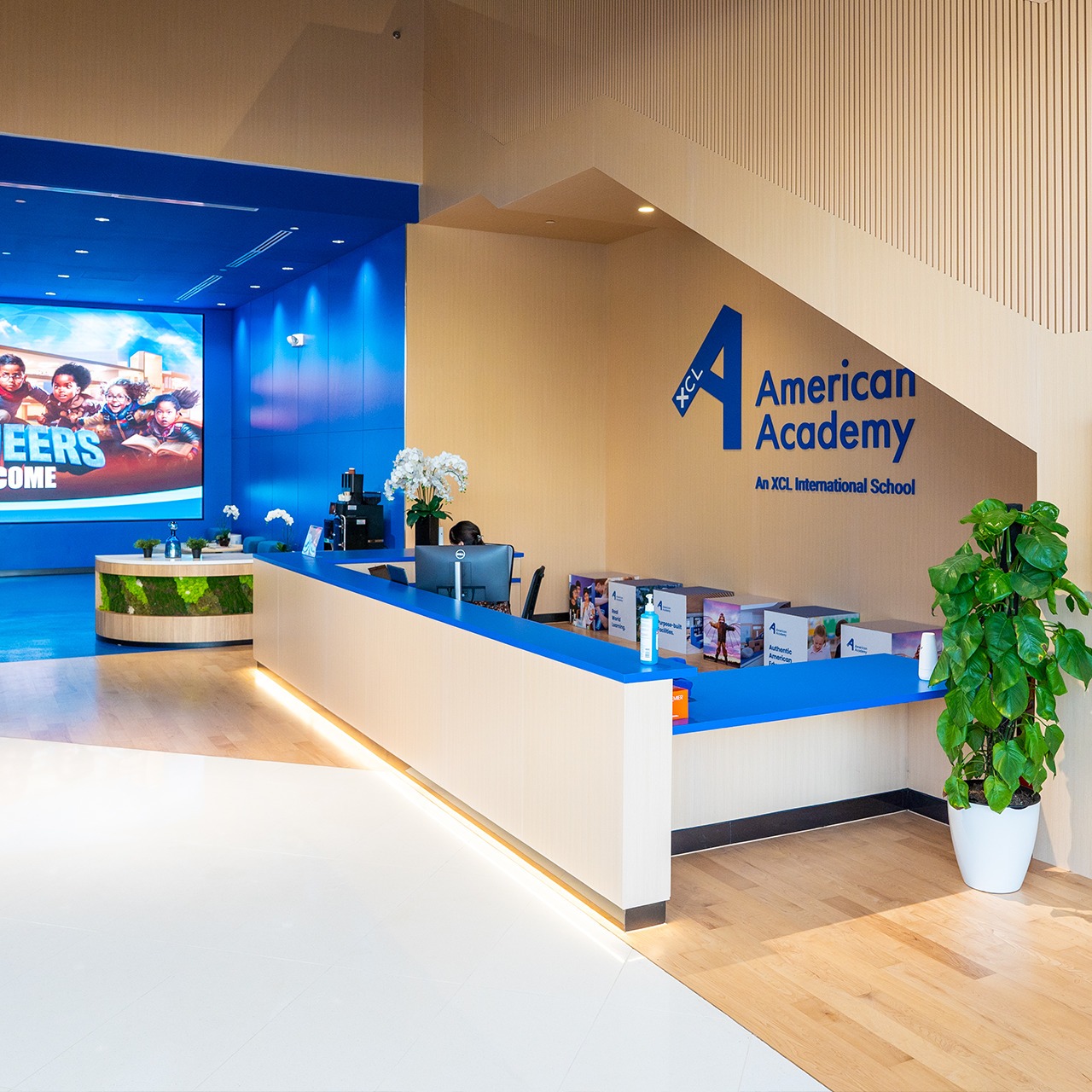
Kindergarten
Welcome to Kindergarten at XCL American Academy
Our approach to learning in the Early Childhood program (Kindergarten 1 to Kindergarten 2) is tailored to the developmental needs and readiness of students at each age and stage. We make sure to provide our students with everything they need to encourage learning in the ways that make them happiest from an early age.
When your child spends time engaged in activities that they care about and enjoy, confidence and curiosity flourish, developing foundations of a true pioneering spirit.
What Your Child Can Expect
Our approach to learning in the Early Childhood program (KG1 – KG2) is tailored to the developmental needs and readiness of students at each age and stage.
Each subject area is approached from each child’s developmental perspective, subject background knowledge, and level of understanding. Our teachers help guide your child at their own pace, so that they can grow with confidence, feeling supported and cared for.


Teachers focus on creating a ‘safe space’ (physically and emotionally) for our youngest learners to spark their natural curiosity, nurture confidence, and develop positive attitudes toward school. Emphasizing a student-centered approach, teachers care for each child’s needs as they make discoveries and observations about the world around them.
We also want your child to experience the joys of childhood through purposeful play and to develop foundational knowledge, creative and critical thinking skills, and the essential habits that support lifelong learning.
Your child’s connection to their classroom and the school is reinforced in many ways. Daily reassuring routines include greeting each child by name every day during morning ‘circle’ and a high-five from the teacher at the end of the day. Quickly, your child will come to understand that he or she is part of a warm, accepting, and caring community.
For our young learners, our character development program is focused on helping children learn about individual responsibility, understand respectful language and behavior, and develop an appreciation for differences and similarities. We also seek to empower each child’s voice and sense of belonging to develop confidence and spark the desire to make a difference in their classroom and beyond.

Why Our Curriculum
Where Next
This website uses cookies to improve user experience. By using our website you consent to all cookies in accordance with our Privacy Policy.





















